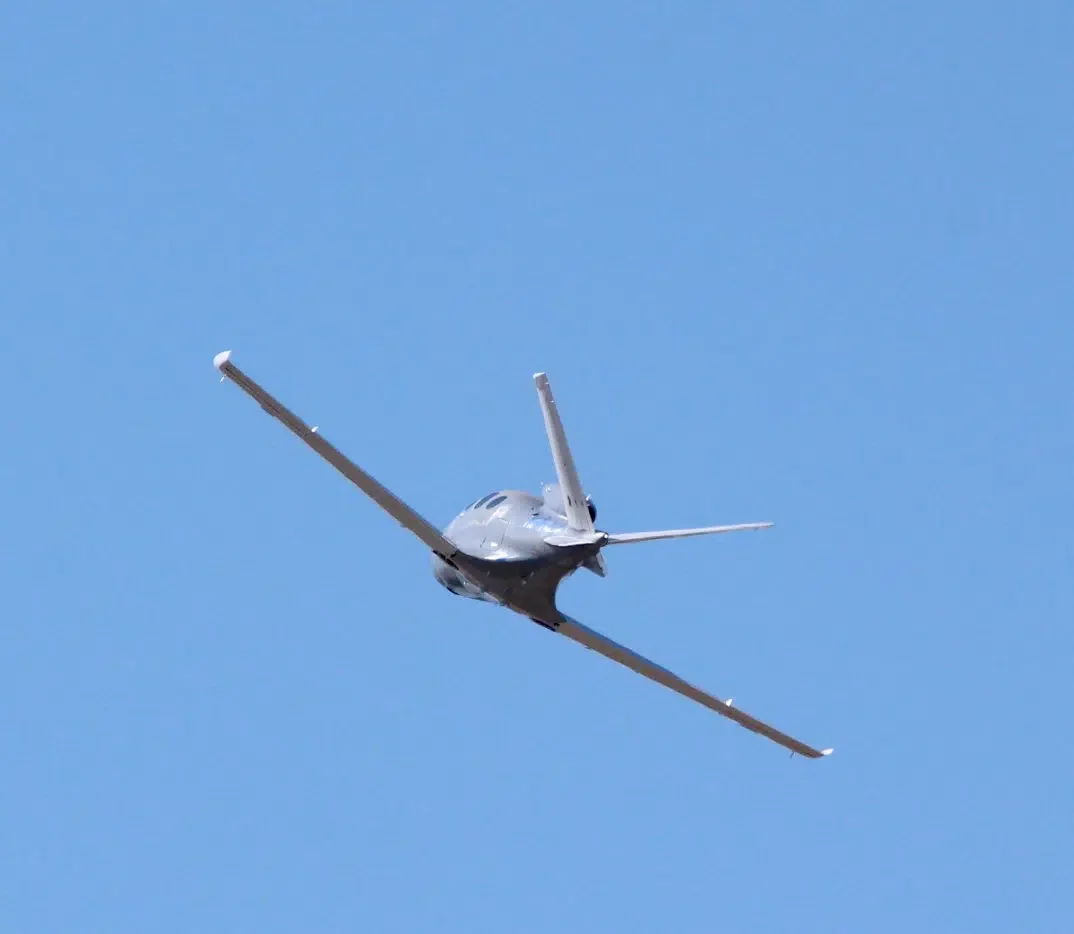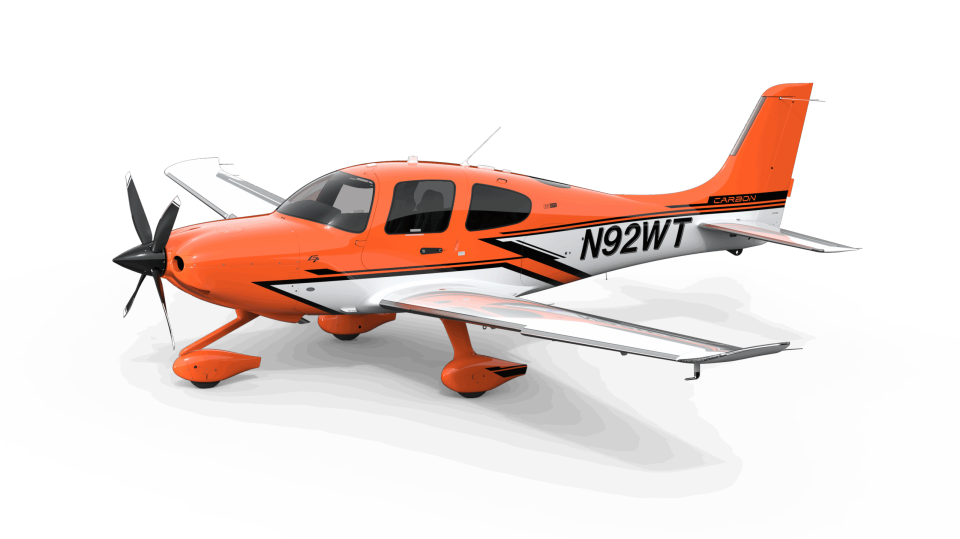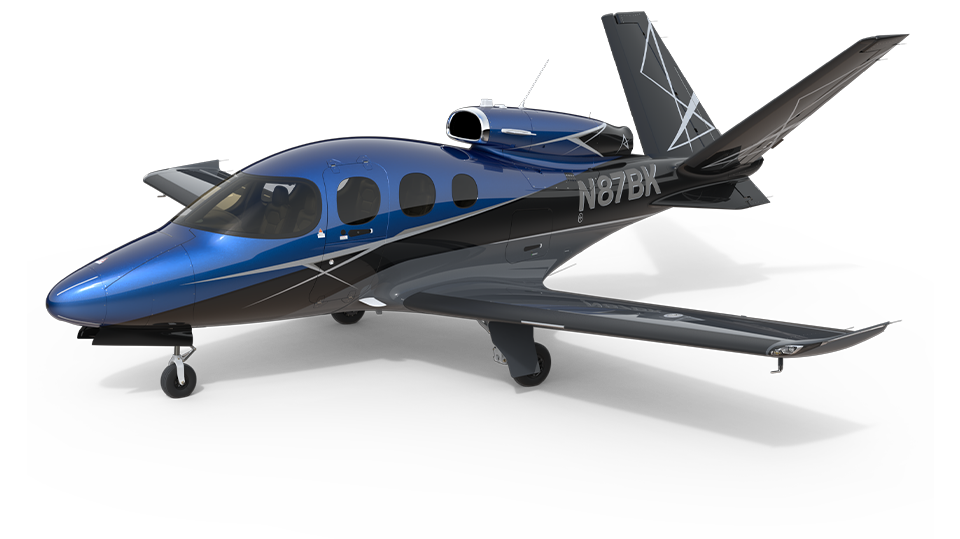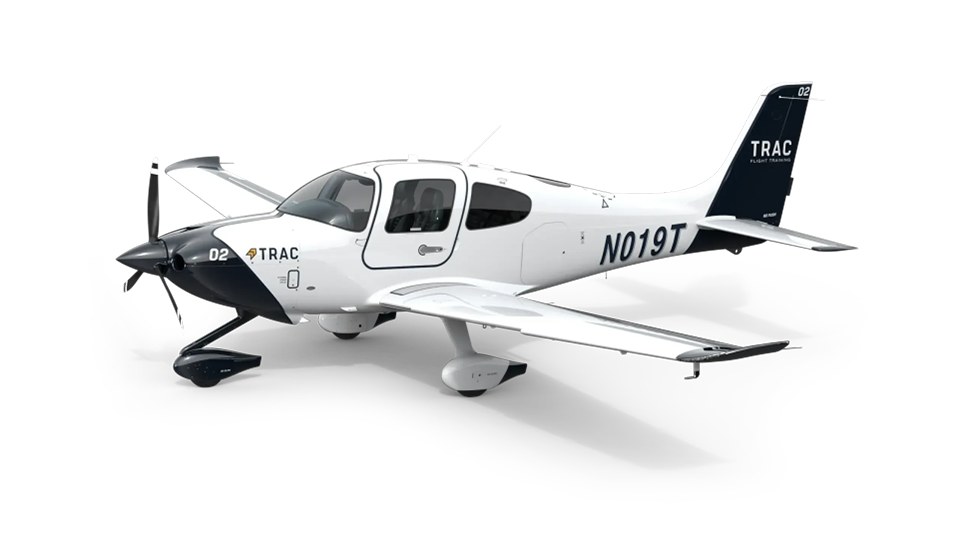
The first production Vision Jet completed its inaugural flight in Duluth, Minnesota on 5 May, 2016. This long-anticipated moment reveals the readiness of the Vision Jet for FAA certification and for subsequent customer deliveries. Coined P1, this first production jet has allowed Cirrus to prove out each and every design and build process along the way. Item by item, test by test, P1 represents the maturity of every stage of production in the Vision Jet program.
P1 had a large and captive audience for it’s big moment. Test pilot Terry LeSage reported just what we hoped to hear: “Pilot feedback on P1 is simple; the aircraft handled just great. It was unnoticeably different from C2 (the third of our conforming test-article jets), with handling qualities matching those of its predecessors and all systems working as intended.”
Cirrus first welcomed the cabin of P1 to Duluth last April, fresh off the truck from our Grand Forks facility, and have since seen it trimmed, drilled, assembled, bonded, receive hardware and systems installation, transition through wing and stabilizer hang, engine installation, flight controls and accessories mounted, and finally the first coat of primer applied.
The pace of completing this first production aircraft has been deliberate and steady by design. It was built in tandem with the certification test process and proven at each station along the way. The structural components led the way, enduring a long and rigorous testing process before P1’s structures could be built out. Next, the plane moved into testing of the lamination and bonding processes, then systems testing with subsequent installation and addition of components within that area.
The first flight of P1 signifies a shift of focus from engineering and production over to flight testing. Cirrus will be able to fly the aircraft in an experimental state until FAA certification is achieved, and will be logging many flight hours during P1’s main mission of proving out the Vision SF50 training program and achieving approval from the Flight Safety Board. The aircraft is currently fulfilling approximately 10 days of flying before heading into the paint booth. After that it will return to flight test for another week before its final interior and exterior detailing is completed. It will then be ready to send to Rob Haig, Executive Director of Flight Operations, for continued training program development and Vision Instructor Pilot training.
Cirrus celebrates this monumental first flight and congratulates the Cirrus engineering, production, and flight test teams who have worked to make it all happen so successfully.


